Which Batteries are Better for Solar Applications, Gel or AGM?
Choosing between Gel and AGM batteries for solar systems can be overwhelming. I've seen many solar installations fail due to incorrect battery selection, leading to costly replacements and system downtime.
For solar applications, Gel batteries generally perform better than AGM due to their superior temperature tolerance, longer cycle life, and better deep discharge recovery. However, AGM batteries offer advantages in terms of lower cost and higher discharge rates.
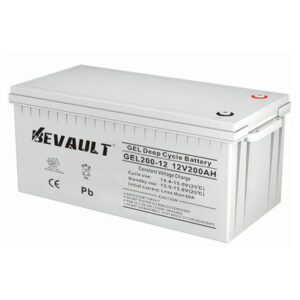
Let's examine both battery types in detail to understand which might be the best fit for your solar system.
Which is Better for Solar Battery AGM or Gel?
Many solar installers debate this question, as both technologies have their place in solar applications. The key is understanding their specific characteristics.
Gel batteries excel in solar applications requiring deep cycling and temperature extremes, offering 15-20 years lifespan. AGM batteries are better suited for shorter-term installations or when initial cost is a primary concern.
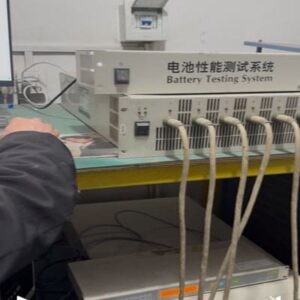
From my experience installing both types, here's a detailed comparison:
Gel vs AGM Comparison for Solar
| Feature | Gel Battery | AGM Battery |
|---|---|---|
| Temperature Tolerance | Excellent (-20°C to 50°C) | Good (0°C to 40°C) |
| Cycle Life | 1200-1500 cycles | 400-800 cycles |
| Initial Cost | Higher | Lower |
| Charging Requirements | More sensitive | More forgiving |
| Deep Discharge Recovery | Better | Good |
Additional considerations include:
- Gel batteries handle temperature extremes better
- AGM batteries charge faster
- Gel batteries have better electrolyte stability
- AGM batteries are more readily available
Which Type of Battery is Best for Solar System?
When designing a solar system, battery choice can significantly impact long-term performance and reliability.
The best batteries for solar systems are typically lithium-ion, followed by Gel batteries, then AGM. However, considering cost-effectiveness and reliability, Gel batteries often provide the optimal balance for most solar installations.
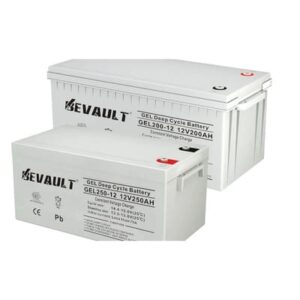
Based on my system design experience:
Solar Battery Technology Comparison
-
Performance Factors
- Daily cycling capability
- Depth of discharge tolerance
- Temperature resistance
- Maintenance requirements
- Charging efficiency
-
Installation Considerations
- Initial investment
- Space requirements
- Ventilation needs
- Mounting flexibility
- Warranty coverage
The choice ultimately depends on:
- Climate conditions
- Budget constraints
- System size
- Maintenance capability
- Expected lifespan
Is an AGM Battery Good for Solar?
Many people consider AGM batteries for solar systems due to their lower initial cost and maintenance-free design.
AGM batteries can be suitable for solar applications, particularly in moderate climates and smaller systems. They offer good performance in controlled environments and are maintenance-free, making them popular for residential solar installations.
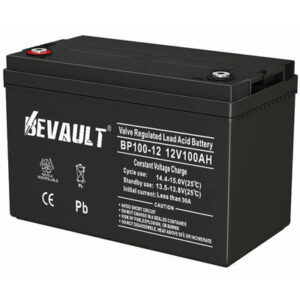
Here's my analysis of AGM batteries in solar applications:
AGM Solar Performance Analysis
-
Advantages for Solar Use
- Maintenance-free operation
- Lower initial investment
- Good charge acceptance
- Flexible mounting options
- Wide availability
-
Limitations in Solar Systems
- Shorter cycle life than Gel
- Less temperature tolerant
- Limited deep discharge capability
- More sensitive to overcharging
- Higher replacement frequency
Are Gel Batteries Good for Solar Systems?
After years of solar installations, I've found Gel batteries to be particularly well-suited for demanding solar applications.
Gel batteries excel in solar systems due to their superior temperature tolerance, preventing electrolyte evaporation in hot weather and solidification in cold conditions. They also offer better deep cycling capability and longer service life.
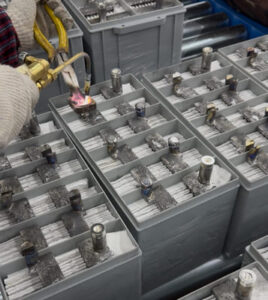
Let me share my experience with Gel batteries in solar applications:
Gel Battery Solar Benefits
-
Temperature Performance
- Excellent high-temperature tolerance
- Better cold weather performance
- Reduced electrolyte evaporation
- Consistent performance across seasons
- Lower maintenance requirements
-
Long-term Advantages
- Extended cycle life
- Better deep discharge recovery
- Improved plate protection
- Reduced grid corrosion
- Lower total cost of ownership
The gel electrolyte provides:
- Better plate protection
- Reduced stratification
- Improved cycling stability
- Enhanced durability
- Greater installation flexibility
Conclusion
While both Gel and AGM batteries work in solar applications, Gel batteries generally offer superior performance and longevity, particularly in challenging environments. However, consider your specific needs, budget, and climate when making the final choice.